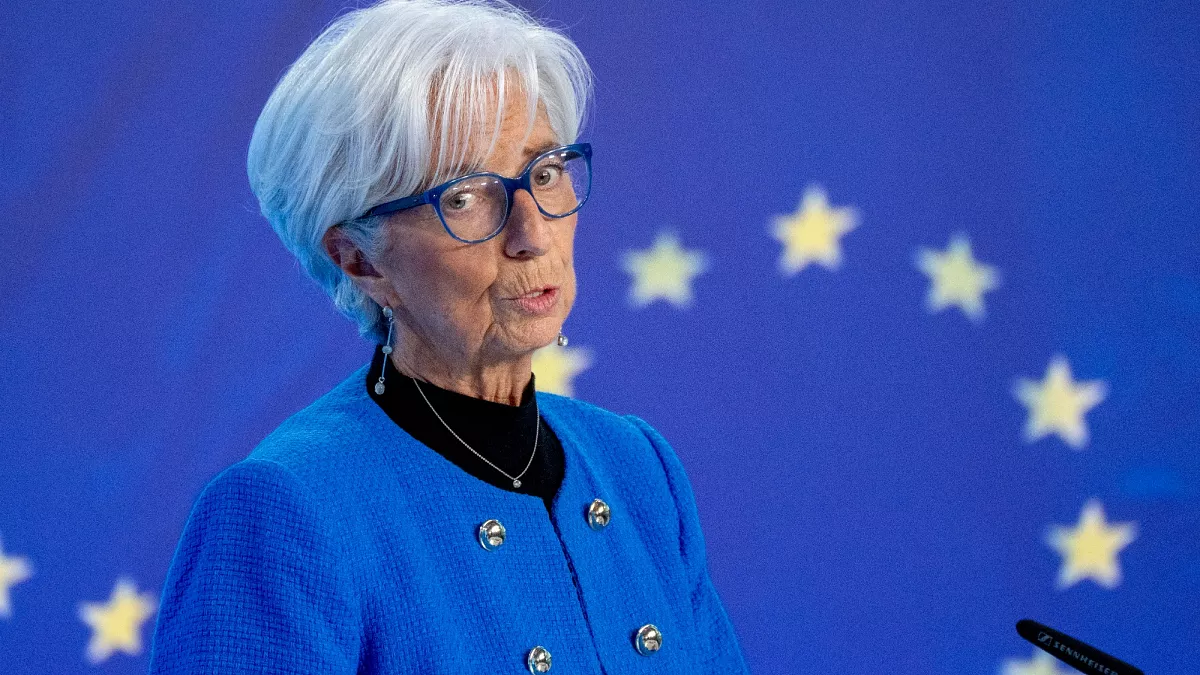September 1, 2025
European Central Bank President Christine Lagarde has cautioned that attempts by U.S. President Donald Trump to interfere in the Federal Reserve’s operations could pose “serious danger” to global economic stability.
Fed Independence Under Threat
Lagarde’s comments come amid growing concern that Trump’s push to replace key Fed officials, including Chair Jerome Powell and Governor Lisa Cook, could undermine the institution’s independence. She stressed that the credibility of central banks depends on their ability to act free from political pressure, particularly in decisions surrounding interest rates and inflation control.
Legal Safeguards in Place
While Trump has expressed frustration with the Fed, legal protections make it difficult to dismiss governors without proof of misconduct. Lagarde noted that these safeguards are crucial to preserving confidence in the U.S. financial system and, by extension, the global economy.
Broader Global Concerns
Other European policymakers have echoed Lagarde’s warning. They argue that weakening the Fed’s independence could shake investor confidence, destabilize markets, and lead to ripple effects in currencies, bonds, and equities worldwide. The United States, as the world’s largest economy, plays a central role in global financial stability, making its central bank’s autonomy a matter of international concern.
Market Reactions
Trump’s ongoing criticism of the Fed and the uncertainty surrounding leadership changes have already raised volatility in financial markets. Analysts warn that continued pressure on the central bank could erode trust in U.S. monetary policy at a time when inflation management and global economic growth remain fragile.
In Summary:
- Christine Lagarde warns of “serious danger” if the Fed loses independence.
- Trump’s efforts to influence or remove Fed leaders spark alarm among global policymakers.
- Legal protections for Fed officials serve as a barrier against political overreach.
- Investor confidence and global markets remain highly sensitive to developments in U.S. monetary policy.
















Leave a Reply